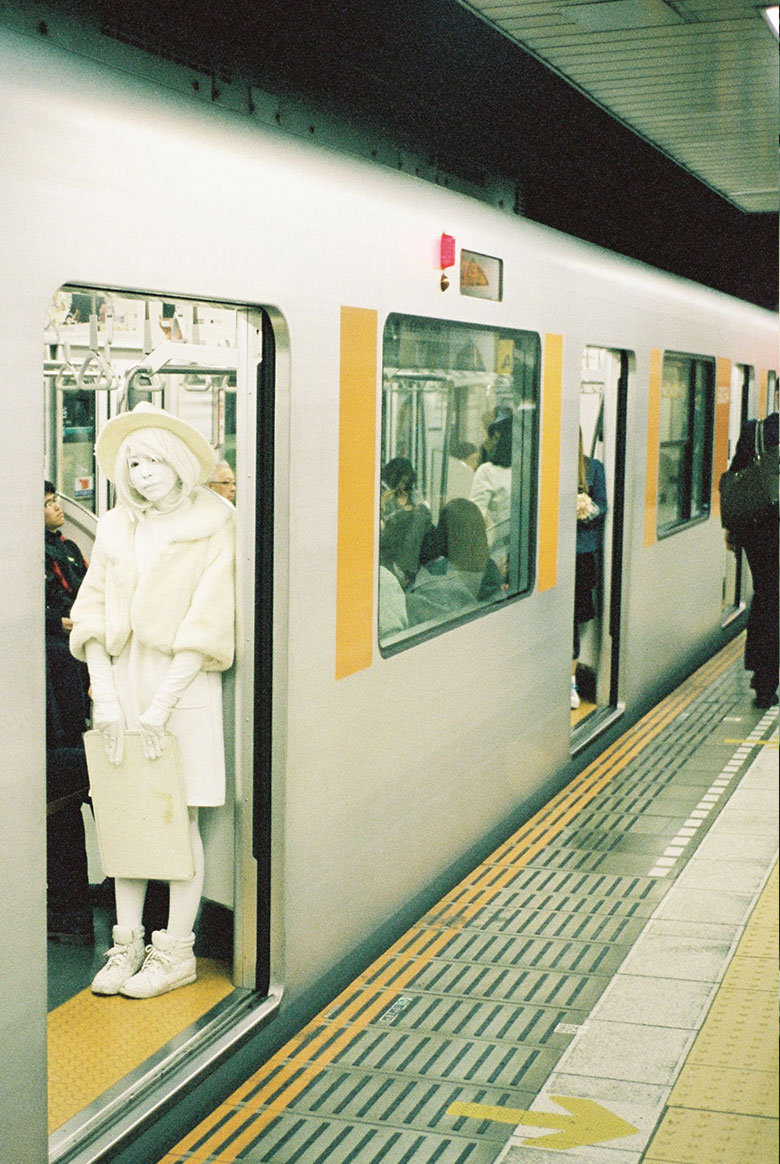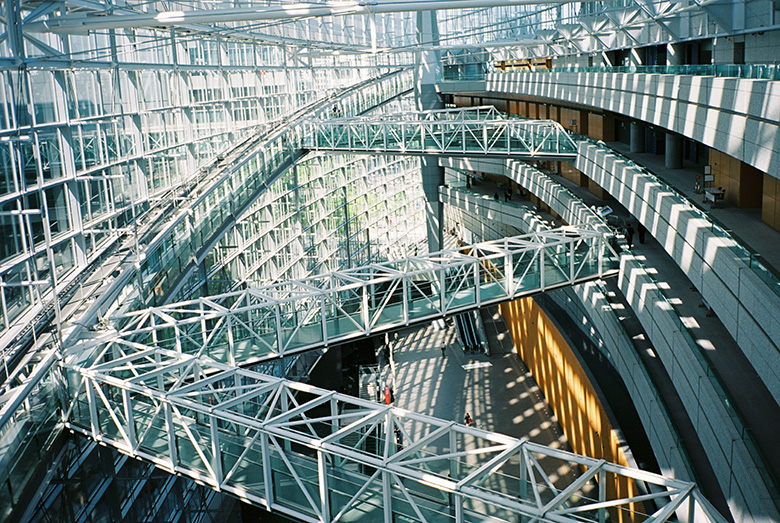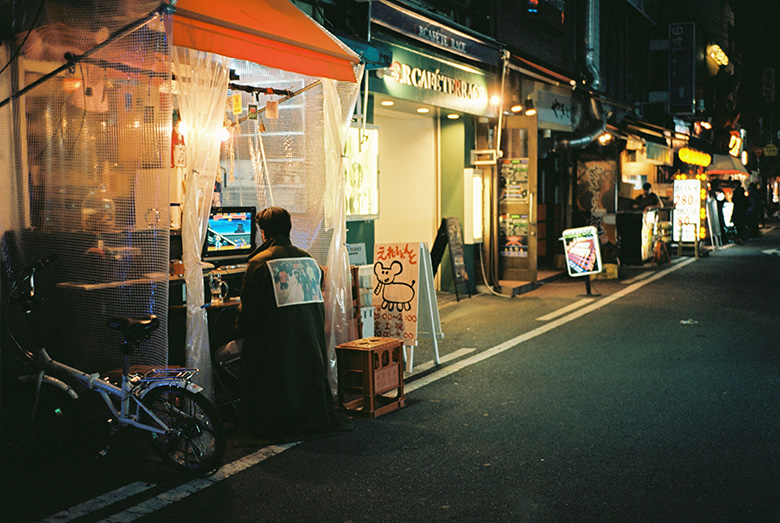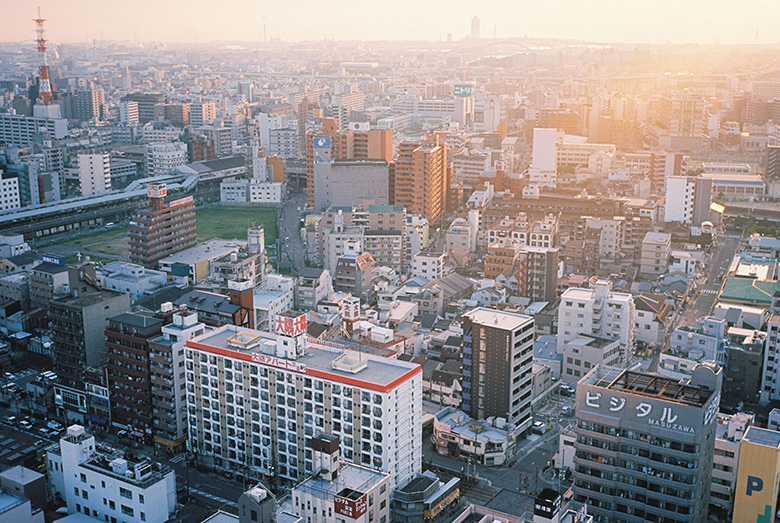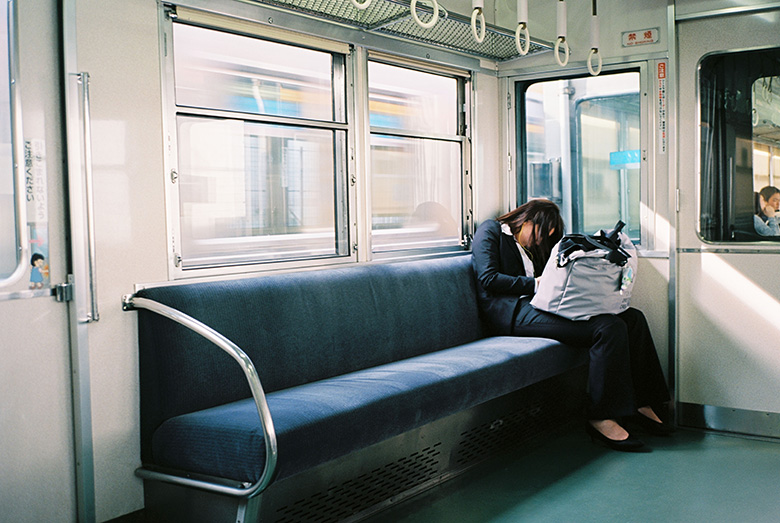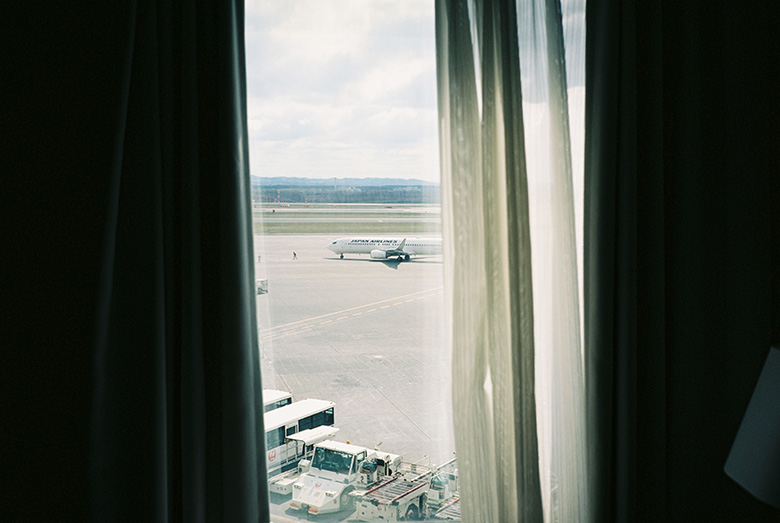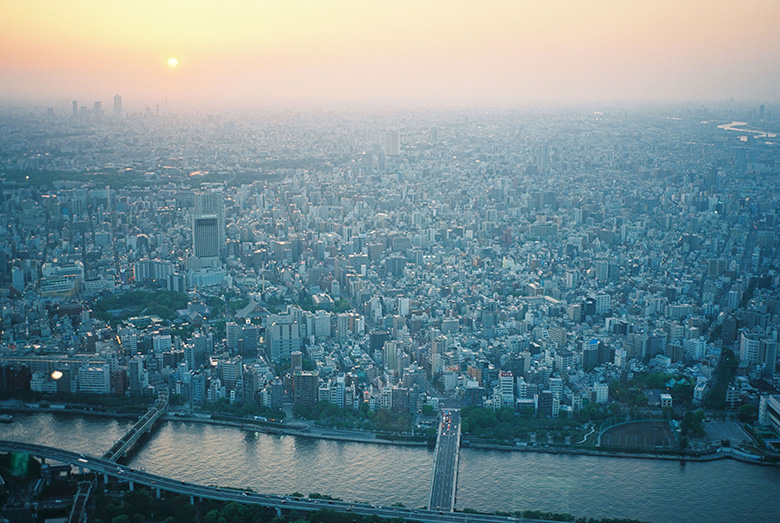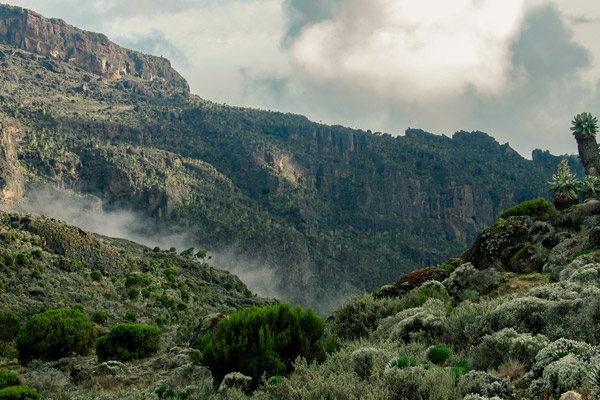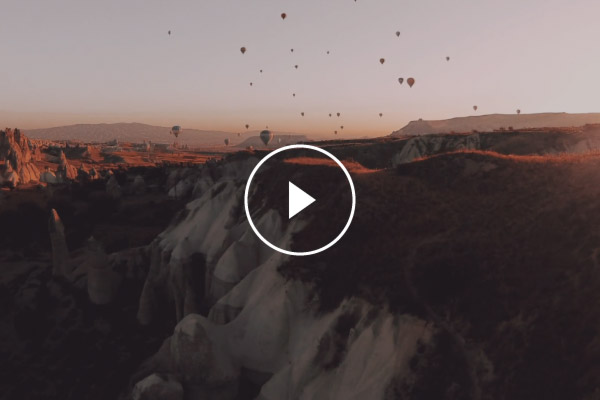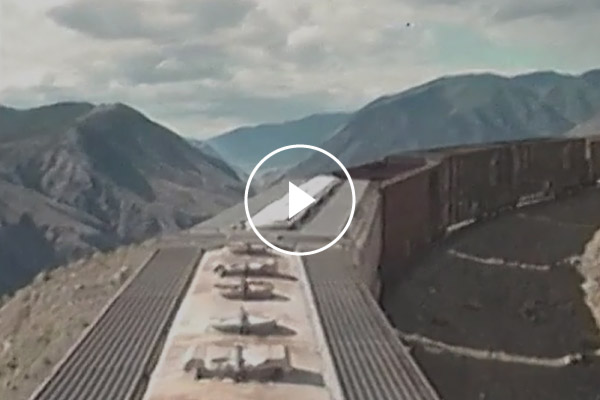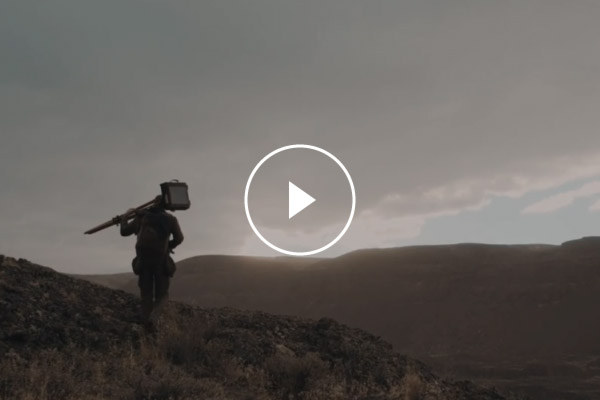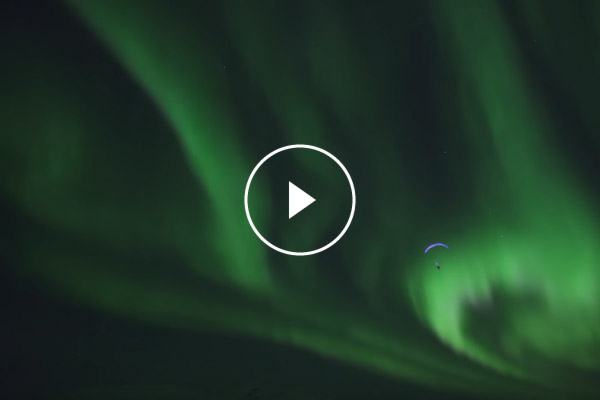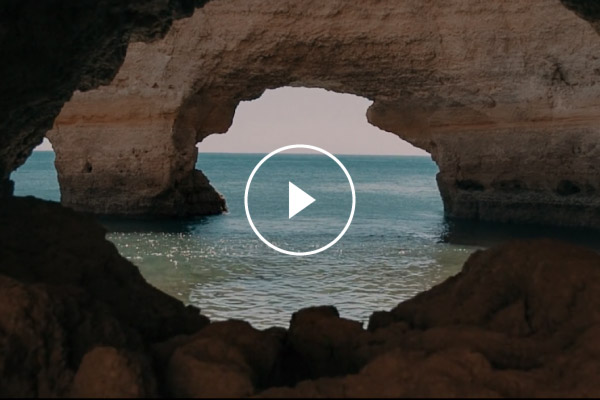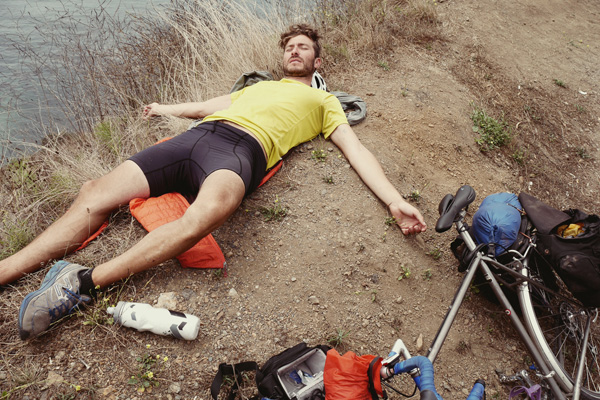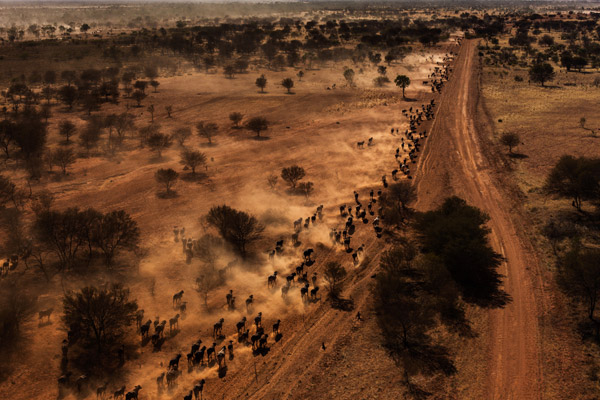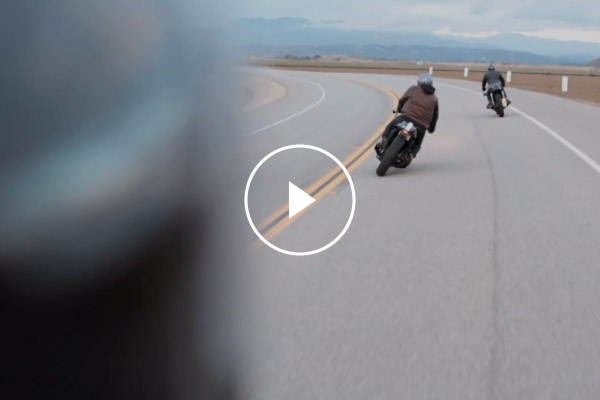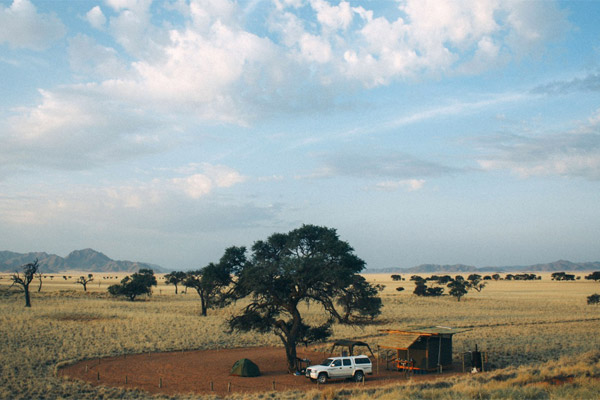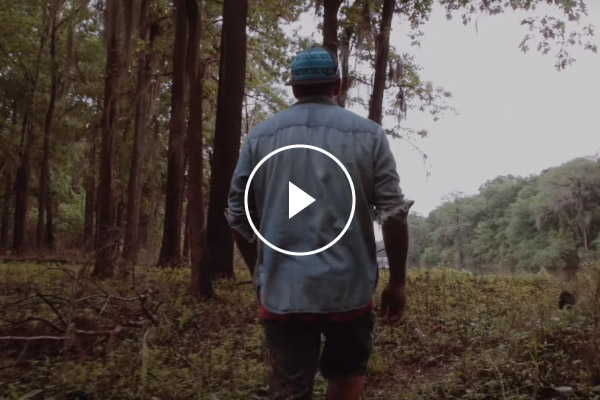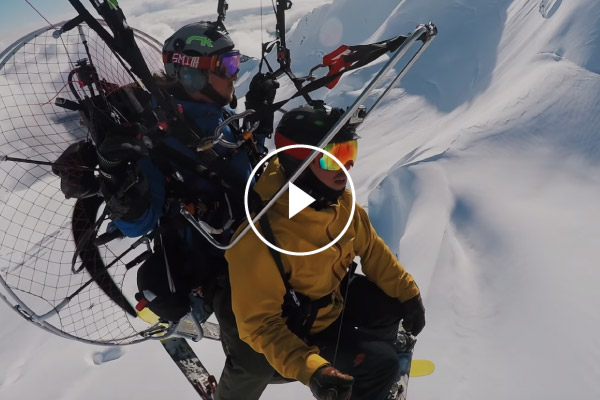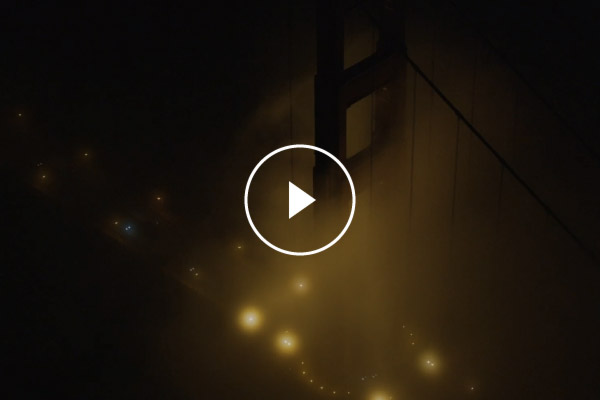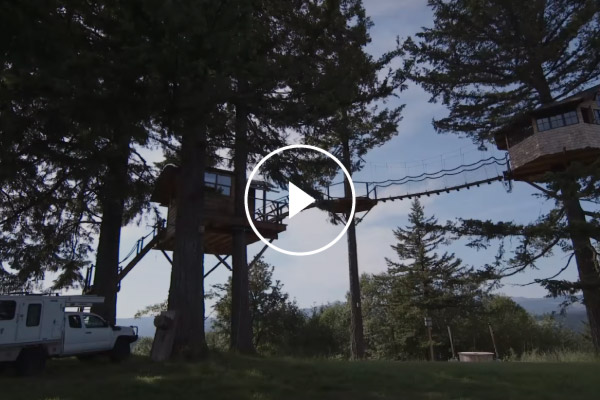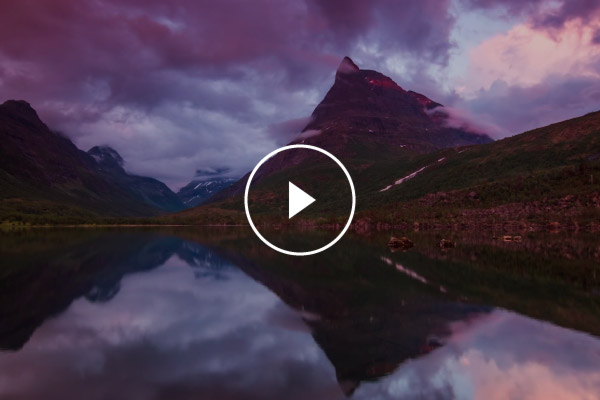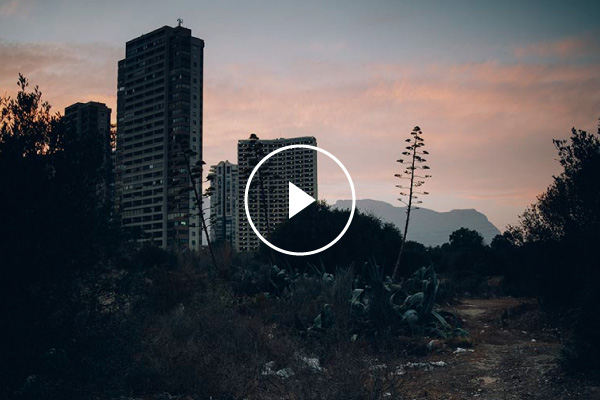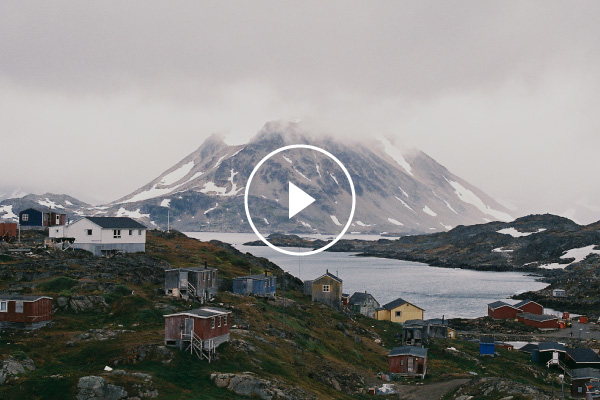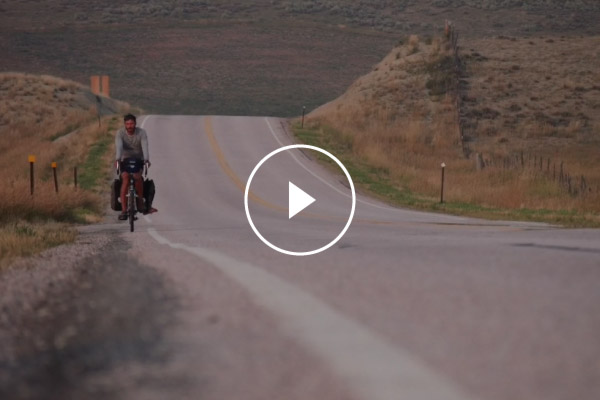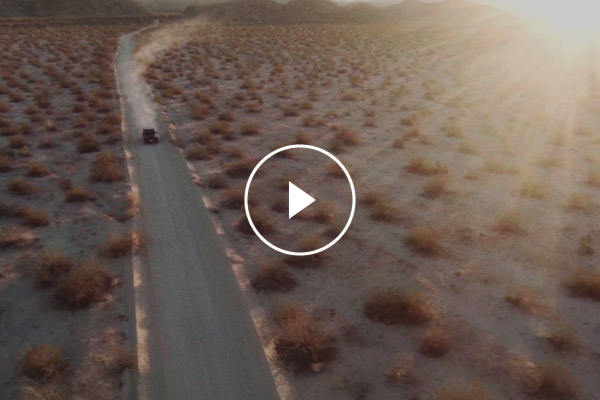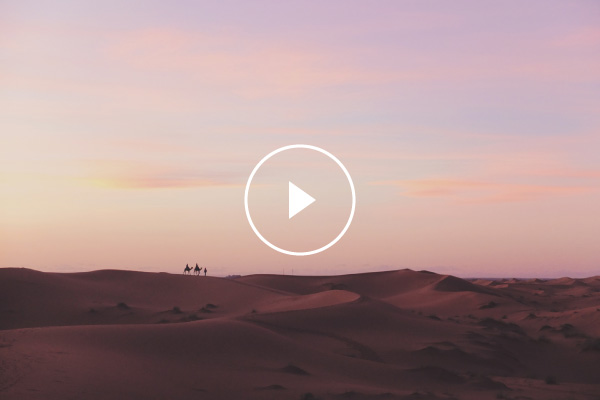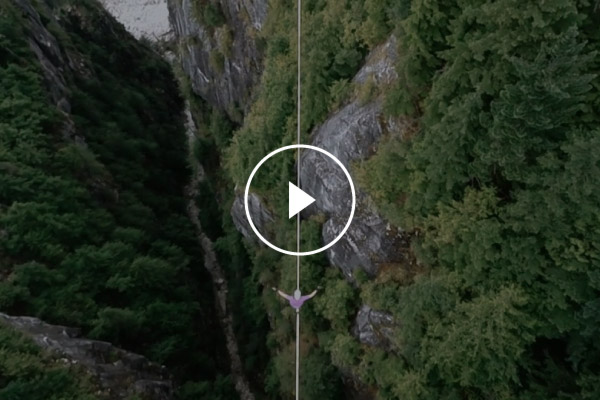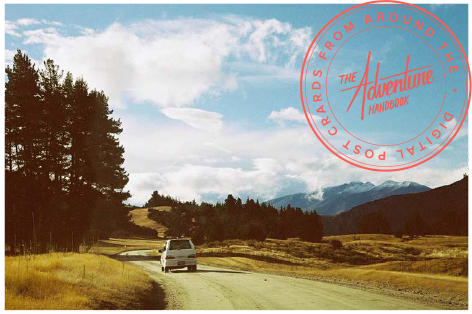Travelling solo in Japan is one of the best ways to enjoy feeling alone in a crowd. Melbourne filmmaker Julian Lucas set off to the dense island nation on a holiday, discovering a likely facade of politeness and quiet. With camera in hand, he recognises the patterns of Japan’s orderly chaos of which he shoots, resulting in travel film Bloom. The original score by Matt Hadley.
We sat down with Julian to see what’s going on behind the eye candy.
What inspired you to create a film about Japan?
I spent a month travelling through Tokyo, Kyoto, Osaka, Sapporo and Hokkaido and found that even though Japan’s a busy place, the loneliness within the masses becomes very apparent. It’s weird when you take the metro and see everyone in their own little world.
Did you visit with the concept of Bloom in mind or did that come afterward?
I went to Japan for a holiday and was umming and ahhing about whether to take a camera. In the end, I knew I’d kick myself not to. I luckily was travelling with a friend who was really keen to shoot in Japan for a fashion label he’s starting. It was nice having someone who wanted to really explore a place and try to find the best places to film. I didn’t “work” there, but it comes back to me to just want to film things.
The idea happened as I was there. Even then, there was no real message or reason why I started creating the film. Half-way through the trip, I became aware that there was a consistency or pattern of the types of things I was shooting like lots of solo humans travelling around. This then shaped how I travelled the second half of the trip. My whole approach became a little bit more calculated. I was conscious of finding a few shots that would help the film come to fruition, like the one where there was rush hour showing people scrambling from one train to the other. I didn’t know this was going to be the case but it eventually happened after banking so much footage. I was left with 4 and a half terabytes in the end. Yeah, I shot quite a bit.
I wanted to create a lot of peaks and troughs because I think it’s nice if the audience is almost overwhelmed instead of fully dropping out and having a bit of a breath.
I also spent a bit of time following heaps of Instagrammers from Japan, researching locations I found interesting. Japan, especially Tokyo, is built like a film set. All the workers are somehow immaculately backed to the surrounds, everyone is so stylish, the architecture is amazing.
What camera equipment did you use?
A Blackmagic URSA Mini.
What did it take for you to really sink in and feel the heavy contrasts of Japan in which you’ve expressed in Bloom?
I’ve been to Tokyo for a week a couple of years ago. My friend only stuck around the first half of the trip so the second half gave me a lot of freedom to do whatever I wanted to do. As a solo traveller, I was really enjoying getting lost into filming. When you turn up to a place with a camera (I didn’t the first time), you observe things in a different way. You really look at everyone and what they’re doing. Filmmaking is all about observing and finding interesting elements to apply to a story. I didn’t see those elements the first time I went to Japan.
To find yourself solo in a place where everyone appears distant, how hard was it to connect with the people? Did you find ways to better meet locals?
I did think it was difficult to interact with locals because of how timid I found Japanese people to be in times I approached them. However, I’m the foreigner who can’t speak any Japanese. Maybe they are open to connecting but have their own cultural initiations. Maybe it’s not them and that it’s us who need to decipher that hindrance. Japanese people are so polite but the strange part of visiting Japan is that you feel you are very much a solo traveller if you don’t make a real conscious effort to really engage. Even at clubs and bars, it wasn’t easy to just start a conversation. You’d need to speak Japanese to get to really know the people. I mean, I really enjoy my own company so my trip suited what I was there for. It’s funny that it can be so peaceful to be wandering through busy Japan, and that life can be so frantic back in spacious Australia.
The original score with real world sounds by Matt Hadley – from zooming trains to moaning sex workers – strongly helped transport me. What was the process in selecting these sounds to best illustrate your travel film?
I really wanted the soundtrack to not feel like music or a melodic track. I wanted it to be compartmentalised and have chapters in it. It had to be unique and memorable. I said to Matt, “I want the soundtrack to be almost as big of a part – if not, bigger – than the visuals. I want people to be audibly stimulated as well as visually. I want the world to be an instrument.” There were other certain elements that I felt really suited the moments like Alan Watt’s voice during the lonely businessmen section. I wanted to create a lot of peaks and troughs because I think it’s nice if the audience is almost overwhelmed instead of fully dropping out and having a bit of a breath. I definitely got the vision first and then worked really closely with Matt. The beauty of how it came together came off the back of the vision.
A big theme captured in Bloom was the absence of life in progressive-living societies. This constant undertone of dejection was a nostalgic reminder of the ever so relevant Spike Jonze’s Her, both works exploring the authenticity of the connections we seek in a world that deems itself connected. What might be the greatest truth you’ve learned regarding this?
I love Her, so I’m glad you associate my film with that. Japan definitely gave me elements of Her. In Japan, I definitely found the intriguing element of so many people walking around not speaking to each other. Just through observation, I find that perhaps there is not a real openness in Japanese culture. Because there’s so much conservative politeness, perhaps people’s feelings aren’t being heard as much as they could be. I didn’t see one argument or see people passionately expressing. Even looking at the bizarre sexual underworld with all those sex hotels, behaviourally it’s like there are areas of life that are not spoken about and it all creates this strong facade.
To answer your question, I like to watch the world and find connection or lack of connection a really interesting part of society and how the world’s going. But I don’t want to stand here and say anything about whether it’s necessarily good or bad.
To answer your question, I like to watch the world and find connection or lack of connection a really interesting part of society and how the world’s going. But I don’t want to stand here and say anything about whether it’s necessarily good or bad. I think everyone has a sense of connection and how they go about that. Even our relationship with technology can be viewed as a poor nod to rich connection as being around somebody. I think it still has a part in the world and it still brings joy to people. It’s all about how you use those things. Maybe it’s not what the world needs but it’s kind of the way the world’s going. It’s just interesting how there are different kinds of connection.
Interview by Tiff for AHB
Receive a postcard from us sign up



